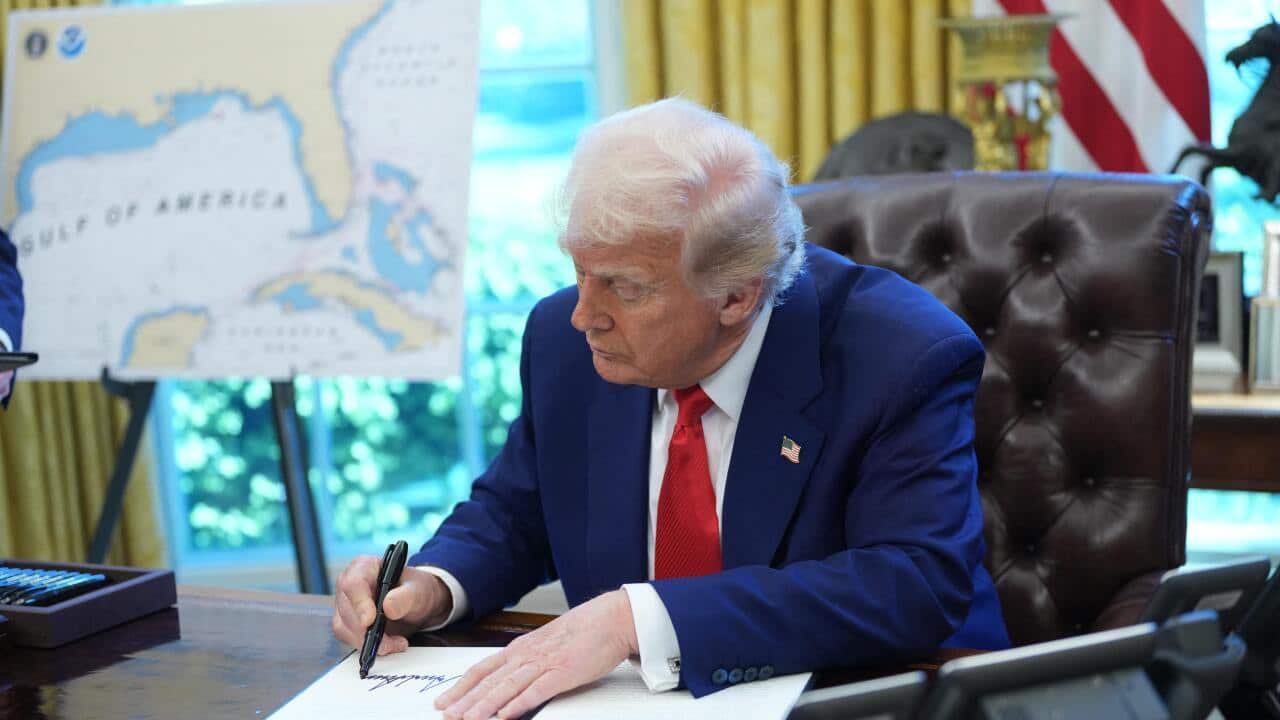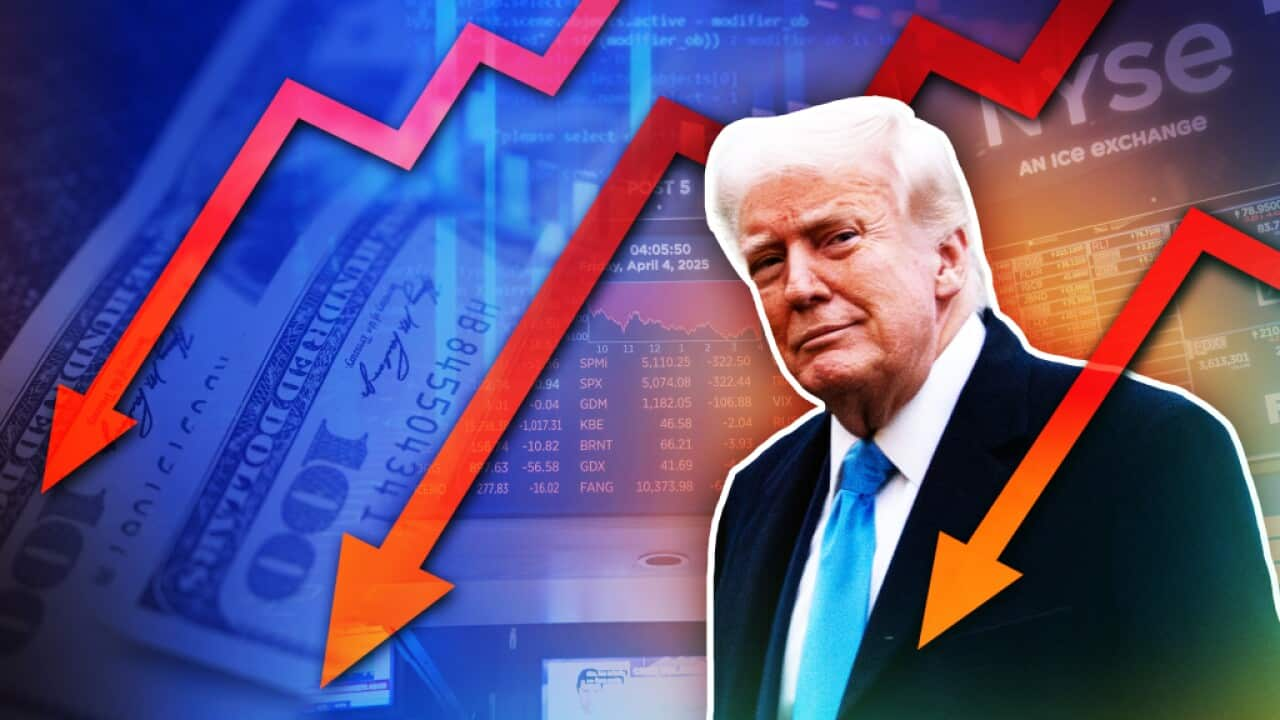Stock markets around the world have experienced record profits just days after trillions of dollars were wiped from trading floors following the implementation of United States tariffs.
This comes as US President Donald Trump has announced while increasing those on goods from China to 125 per cent.
When questioned about his decision to announce the tariffs and then pause them just days later, Trump told reporters: "You have to be flexible."
Chinese ambassador to Australia Xiao Qian described the US as a bully and urged other countries to "jointly resist".
"China urges the US to immediately stop its unilateral tariff measures and resolve the differences with all trading partners through equal-footed consultation," he wrote in the Sydney Morning Herald on Thursday.
Stock markets have surged since the announcement of the pause on tariffs, with the Australian Stock Exchange increasing by 6 per cent in early trading. The US S&P 500 had its best session since 2008, experiencing a 9.5 per cent increase in value.
Professor Tim Harcourt, chief economist from the University of Technology Sydney, said a recovering stock market can be good news for investors, but stop-start economic policies and announcements can be harmful.
He told SBS News tariff uncertainty is as concerning as tariffs themselves, and that the 90-day pause creates instability in the global economy.
"Investors and exporters need stability for long-term planning and innovation," he said.
Why has Donald Trump paused tariffs?
Harcourt said tariffs are an economic tool to influence trade and diplomacy, but Trump's focus on China is "much more severe and political in nature".
"Ultimately, tariffs harm one's own country and the recipient of the tariffs, the bulk of which is China," he said.
Harcourt said Trump's "tactics" have an end goal — to make the US the key negotiator in global trade.
"He's trying to make the United States the centre of the world trade system instead of the [World Trade Organization] in Geneva, so that all countries have to go to him to get the tariffs removed," he said.
Goldman Sachs initially forecasted a 65 per cent chance of a recession within 12 months but has since revised the likelihood to 45 per cent.
How will the pause in tariffs impact Australia's trade interests?
Harcourt described the pause in tariffs as beneficial overall but warned that the targeting of China is not in Australia's best interests.
"The United States is not as important a trading partner to Australia as China is. We really want a stronger Chinese economy," he said.
"The reason a country like China exports to the US is to pay for imports from Australia. If they can't get buyers for their exports anymore, it's a real problem."
China imported US$102.6 billion ($166.71 billion) worth of Australian exports in 2024, according to data from Trading Economics.
Meanwhile, Australia exported US$14.7 billion ($23.9 billion) worth of goods to the US over the same period, approximately one-seventh of the amount sold to China.
Flavio Menezes, a professor of economics at the University of Queensland, said Trump's approach to trade could continue to "shock" the stock market.
"[US] President Trump's haphazard approach to resolving trade disputes, coupled with his confrontational and fact-challenged attitude towards international affairs could cause more shocks to global markets," he told SBS News.
"As a small, open economy — where trade accounts for about 50 per cent of our GDP — the Australian dollar is highly responsive to trade shocks, leading to expected high volatility."
Menezes said the unpredictability makes it hard for investors to make sound financial decisions.
What does this mean for Australia's economic outlook?
Professor Shaun Bond from the University of Queensland's business school told SBS News that while markets may recover in the short term, the Australian economy is "not out of the woods yet".
"If this conflict with China continues to increase, that probably will be a little bit more of a drag on our economy as well," he said.
But there would be short-term gains for people concerned about their superannuation, which is linked to the US stock market performance, Bond said.
"Overall, people would be more concerned about their total assets and wealth, looking at the value of their homes and equity.
"But this will flow through to the Australian stock market, and people will see a little bit more of a bump in the value of their super fund."




